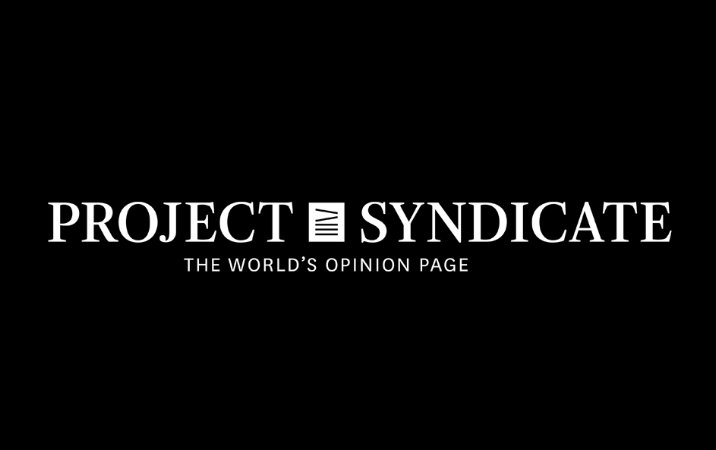No one is sure why poorer countries have suffered proportionally fewer infections and deaths during the pandemic: weaker health systems, worse nutrition, and larger numbers of people with pre-existing medical conditions suggested the opposite outcome. But the economic implications have been clear.
LONDON – A tsunami-watcher’s job is thankless. If an earthquake hits Australia, or an underwater volcano erupts near Java, naval stations in Japan, Vietnam, the Philippines, New Zealand, and even far-away Peru and Chile go on alert. Residents of coastal areas are warned that a big wave may be coming. Get it right, and tsunami-watchers save millions of lives; get it wrong, and they try to ignore the scorn, knowing that next time may be the big one.
In 2020, the COVID-19 tsunami was expected to devastate poor and middle-income countries everywhere. The wave did come, and its consequences were painful, but less so than anticipated.
To read the original article by Project Syndicate, please click here.

